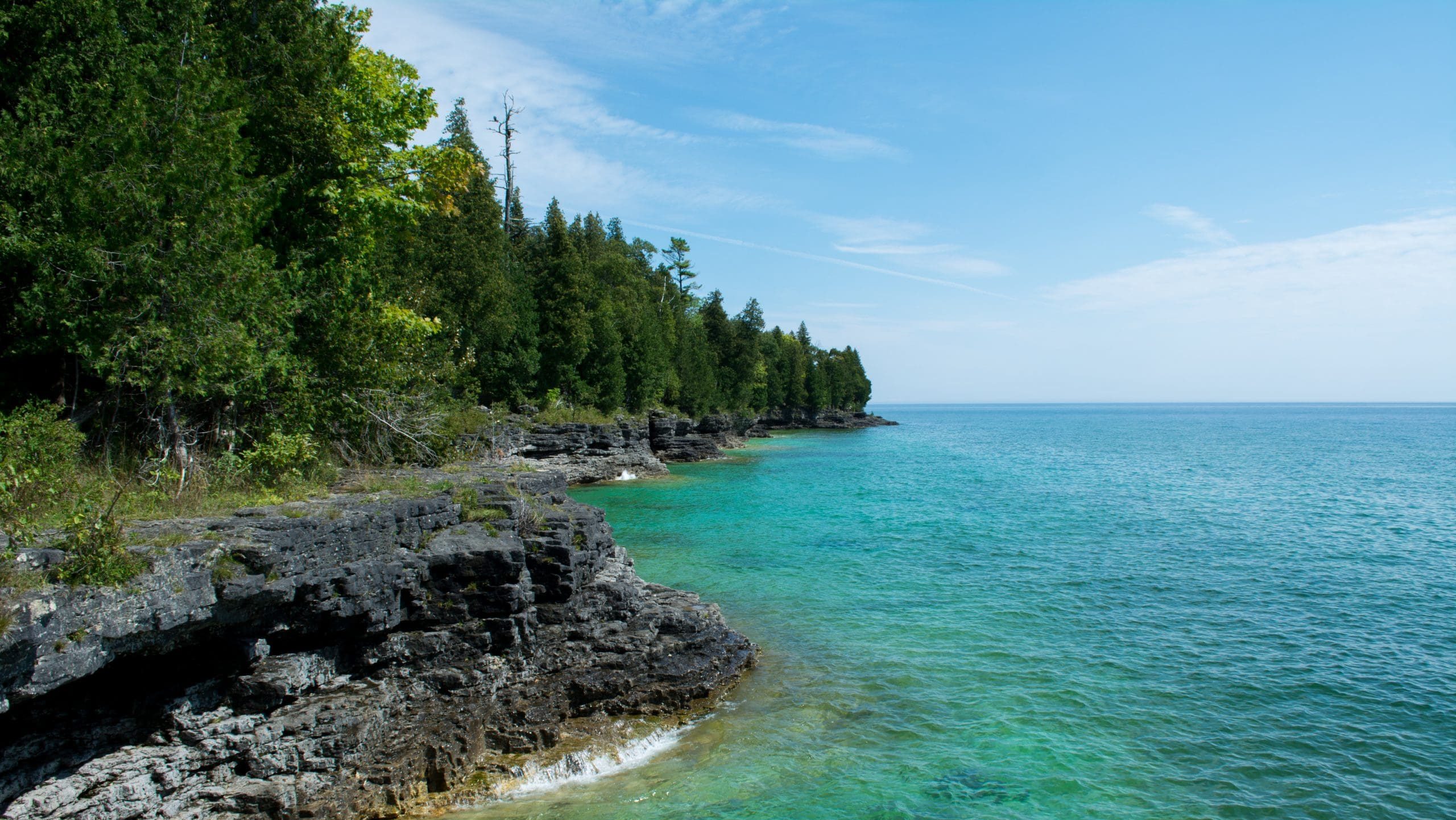Our Legacy of Victory
Great Lakes Compact
The Great Lakes contain nearly one-fifth of the world’s fresh surface water supply and form the largest freshwater system on the planet. With pressures from climate change increasing and arid and drought-stricken regions seeking alternatives to supplement their local water supplies, many feared the Great Lakes would become an emergency reservoir.
In 2001, Clean Wisconsin began working on the Great Lakes Compact, critical protections that required cooperation across state and international borders. Clean Wisconsin spent years forming partnerships at the international and regional levels and collaborating with stakeholders to help draft implementing language for the Compact in Wisconsin.
Support for these protections stretched across the political aisle, and the Great Lakes Compact was approved in Wisconsin in 2008. It was also approved by lawmakers in Minnesota, Illinois, Michigan, Indiana, New York, Pennsylvania and Ohio and was eventually passed by Congress and signed into law by George W. Bush in the fall of 2008.
Canada passed a parallel agreement that included Ontario and Québec, two provinces that border the Great Lakes.
Why It Matters
The Great Lakes Compact is a notable example of bi-partisan and international agreement, underscoring the critical importance of our Great Lakes. The Compact continues play an important role in protecting this vast freshwater ecosystem and the wildlife habitat it supports.
The Great Lakes Compact allows eight Great Lakes states and two Canadian Provinces to collectively manage water withdrawals from the lakes. The compact bans most large-scale water diversions out of the Great Lakes basin, with limited exceptions. It also requires states to submit a Water Management Program Review to the Great Lakes Compact Council every five years.
Because of the Great Lakes Compact, Wisconsin tracks and registers water withdrawals, manages diversions, and requires water use permits. Find out more about how Wisconsin does its part to fulfill the Great Lakes Compact on the Department of Natural Resources website.
